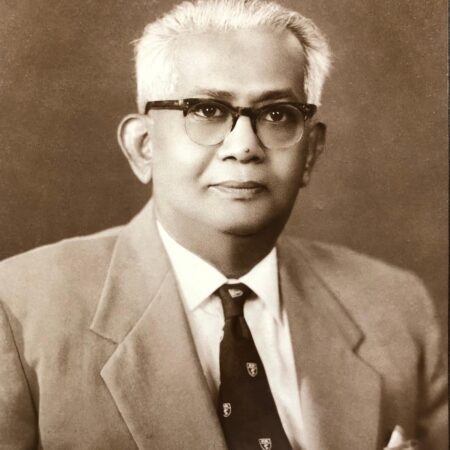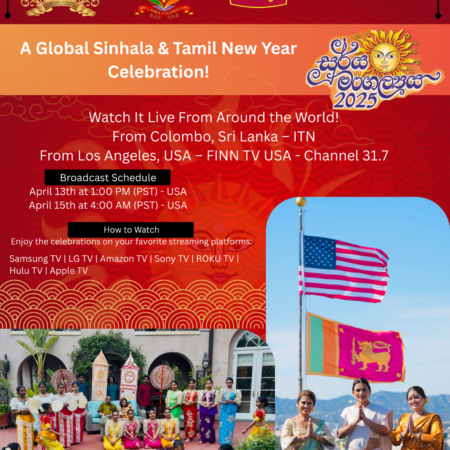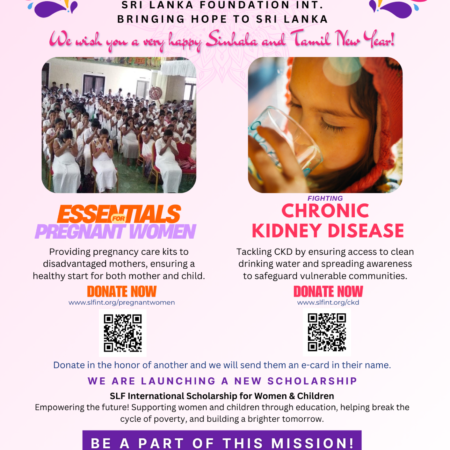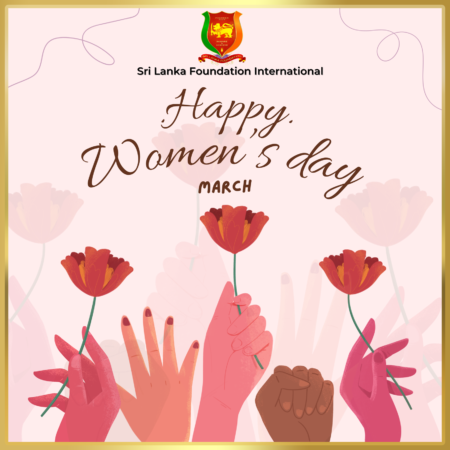By Rachel Lee
Officials from the Sri Lanka Tea Board and four tea companies flew to Korea to promote their products at Seoul Food 2016 at Kintex in Ilsan, Gyeonggi Province on May 10.
Sri Lanka is the world’s largest exporter of black tea, with 7 percent of production.
“Coffee has long dominated in Korea, but we see a growing trend among Korean consumers for quality tea, and we want to touch that trend,” Sri Lanka Tea Board Market promotion officer Kusalika Thisaranie Vithanage told The Korea Times.
The Sri Lanka Tea Board, established in 1976, is a regulated body that oversees the industry and promotes Sri Lanka’s tea globally. To define, protect and certify the regional origins of Ceylon (Sri Lankan) tea, the organization has registered the “Pure Ceylon Tea” Lion logo in more than 100 countries. The logo is used only on packs that originate in Sri Lanka, contain 100 percent pure Ceylon tea and conform to the board’s quality standards.
Ninety-four percent of Sri Lanka’s tea is exported.
“At the moment, Korea has about 9 percent of our exports, but we expect to see an increase, the promotion officer said.
By region, there are seven types of tea: Nuwara Eliya, Uda Pussellawa, Dimbula, Uva, Kandy, Sabaragamuwa and Ruhuna.
Lumbini Tea, a family-owned business started in 1984, was one of the three companies that came to Korea for the first time. Targeting a niche market of premium tea, the company aims to appeal to Korean buyers with its quality specialty products.
“We have seen an increasing number of Korean tourists to our country over the last few years, so we came here to find out more about the Korean market. I think there is a huge potential for the industry to grow here,” said managing director Chaminda Jayawardana.
TeaTalk, which is participating here for the second time, promotes itself as a young, fun trendy brand that suggests various ideas for drinking tea with foods like waffle, Panini and cakes.
Korea is the third-largest importer of Sri Lankan tea, with 13 percent. China is the biggest (30 percent), followed by Taiwan (20 percent).











![TV-Poster-All-Exhibition-Sri-Lanka-in-Focus-USA-2025[1]](https://www.srilankafoundation.org/wp-content/uploads/2025/04/TV-Poster-All-Exhibition-Sri-Lanka-in-Focus-USA-20251-450x450.jpg)










